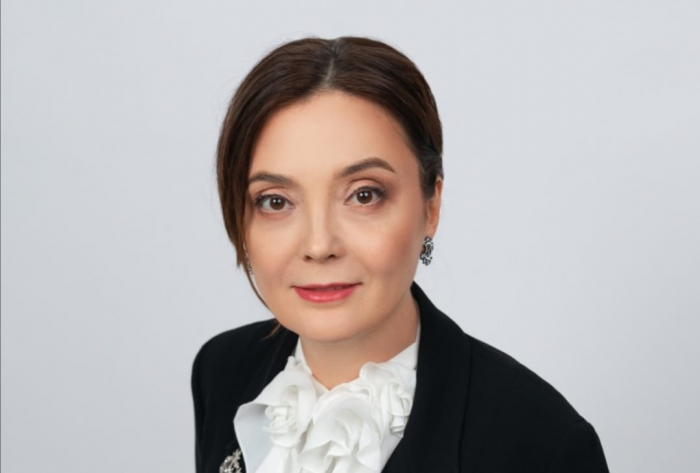- How have the events unfolding globally, such as the Russian-Ukrainian war, the COVID-19 pandemic, global inflation, and food crisis, affected the prices for pharmaceuticals in Russia?
‘The Russian Federation has a list of Life Saving Drugs (LSDs), which the government approves annually. The extensive list comprises over 800 INNs (international non-proprietary names). These drugs have fixed prices that cannot be arbitrarily changed. The prices of these have remained stable, whereas some drugs that are not included in the LSD list have become slightly more expensive. But the situation with prices is overall acceptable.’
- How much does Russia depend on imported drugs?
‘Like any other country in the world, Russia certainly does not produce all the drugs, offered on the domestic market. Therefore, Russia does depend on foreign suppliers for some pharmaceuticals. These mainly include innovative drugs, although the country has localized production for most. Experts profession-wide have been discussing potential difficulties with receiving new foreign innovative drugs, which are currently at the stage of development and registration. We had concerns about logistics, supply of substances, excipients, packaging, testing and assessment materials for local production. We have managed to solve most of these concerns and came up with alternative solutions for some.’
- What are the most common and critical diseases in Russia?
‘This is an ambiguous question. Common and critical are two different things. What I can say is that we have a running ‘Health’ national project in Russia, which has identified branched out federal projects to combat cancer and cardiovascular diseases. An independent federal project on diabetes mellitus is being discussed as well.’
- What is the situation with drug supply for most critical diseases?
‘There is stability in medication supply. There are no unsolvable critical problems. At the same time, we do and always have had issues that require improvement of organization of drug supply and the development of this system. In the past few years, some of the focus areas have been the digitalization of drug supply processes (monitoring the movement of medications, public procurement, patient registries, etc.) and introduction of remote technologies.’
- Has Russia built a stockpile of medications for the most common diseases? What will happen should the stock run out?
‘Yes, we do have such stockpile. Since the country has been running several state programs on preferential provision of medicines both on federal and regional levels for quite some time, the government finances and procures medications for these programs on a preventive basis: they allocate funding for one to three years, make procurements for six, nine or even twelve months with the possibility of additional purchases. The contracts for various programs are concluded for three years. They are also developing offset agreements. We are not concerned that it might be impossible to replenish the stockpiles since we have quite a stable supply. Furthermore, Russian pharmaceutical industry is constantly expanding both the range and volume of manufactured medications.’
- How do you provide medications for patients with orphan (rare) diseases?
‘There are several sources for orphan drugs, such as the federal procurements within the program for cost-intensive nosology and regional procurements out of regional budgets. Moreover, the Circle of Kindness Foundation was established in 2021. Tens of billions of rubles have been allocated to provide orphan patients with both registered and unregistered medications. We have managed to significantly increase drug supply for orphan patients over the past few years.’
- What about the quality of generic drugs manufactured in Russia? Are they much in demand on the Russian market in the light of the recent global processes?
‘The Russian Federation has a state system for evaluation, registration, quality control and movement monitoring of generic medicinal products. Russian companies have substantially invested into developing the scientific and production capacities. We have introduced a national system for inspecting enterprises for compliance with GMP requirements. Most foreign companies have localized their production and have begun to manufacture their drugs in Russia both de jure and de facto. Therefore, specialists and the public have not been particularly concerned about the quality of Russian generic medications.’
- How can we elevate the cooperation among pharmaceutical companies and medical research institutions of Russia, Azerbaijan, and Central Asia onto a regional level?
‘That’s an interesting question. I think such cooperation has potential. Everything will depend on how interested the administrative structures, the pharm business and the public are. Collaboration always brings new opportunities to exchange best practices. This is especially relevant for pharmaceuticals, which inherently solves pivotal social problems.’
AzVision.az Analytical Team
More about:
















































